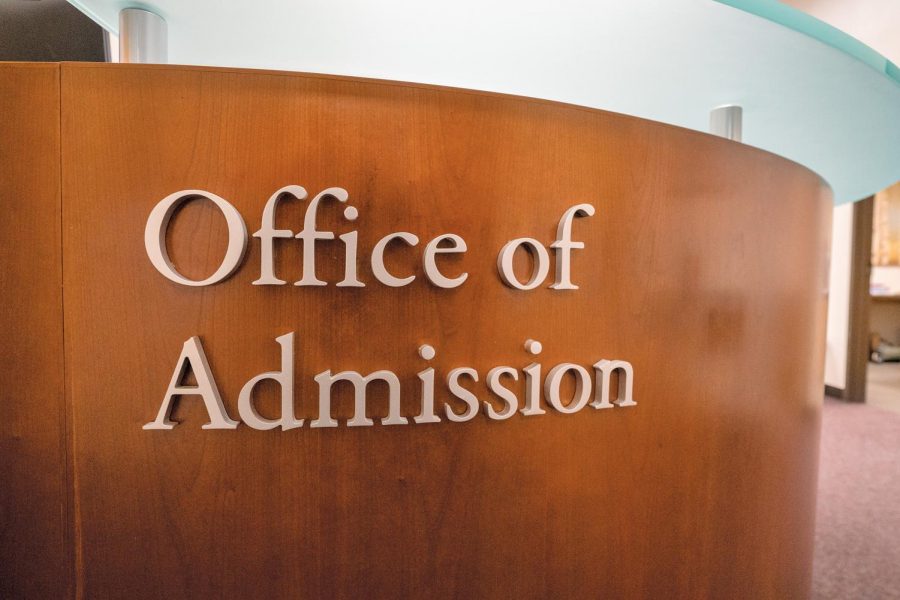College admission process favors wealthy, underserves low-income students
The admissions process for non-wealthy students has been unfair for years. At Harvard, legacy applicants, predominantly white and wealthy, were admitted at five times the rate of non-legacies and white students with annual family earnings exceeding $250,000, legacy or not, constituted more than 15 percent of the admitted class, according to a survey conducted by the student newspaper The Harvard Crimson.
Most of us have been in a situation like this: It’s our senior year of high school, and we’ve decided on the colleges we want to apply to. We look at the requirements for their applications. Some require letters of recommendation, additional essays or even an interview. Even if there are additional materials, it’s worth the possibility of getting admitted to the school of our dreams.
Applying to colleges is both a rewarding and stressful time for many high school seniors. Putting in hours of work into an application is draining both mentally and financially. It can seem like a waste of time and effort for students when their institutions end up rejecting them. The rejection letter from a college can make a student feel like what they’ve done so far didn’t amount to an admission decision by their top university.
They think that their scores weren’t high enough, their recommendation letters were sub par or their interview didn’t go so well. The reality is: their rejection could’ve been the result of some parents ‘helping’ their child in the admission process. Some parents might have paid to have their child take test with faked accommodations. Others could’ve paid to have fake documents detailing their child’s ‘athletic’ ability sent to the school.
U.S. Attorney General Andrew Lelling recently released details regarding Operation Varsity Blues. The operation focused on college admissions at top tier universities, forged athletic profiles, bribery and cheating on college entrance exams. Not only does it state the institutions that are involved in the scandal, but parents as well. Notable parents include Lori Loughlin and Felicity Huffman.
Based on these revelations, what do people think about the whole situation? How do the current freshmen feel knowing that their rejection from a school they wanted to go to was involved in this whole scandal?
“I think it’s disappointing because in the end, it’s just prioritizing the needs of the rich and wealthy… and it doesn’t give credit where credit is due to the students who have worked hard… instead gives it to people who aren’t worthy,” Reece Lord, a freshman at St. Edward’s University, commented.
One tactic that was stated in the documents as part of the scandal was cheating during college entrance exams. William Rick Singer, the ringleader of the admissions fraud, had false learning disability records created in order for students to have accommodations such as oral administration and extra time on college admissions tests.
Another tactic that Singer used during the operation was to falsify athletic records for students as well. Singer would then bribe coaches into recruiting said students onto their teams.
The way that this scheme played out is outrageous. It makes sense as a parent to help your child in the application process for college. Most parents would help proofread essays, help pay for application fees or study with students for the SAT or ACT. To commit fraud and spend thousands of dollars to steal a spot from a more qualified student, what does that say about the ethics of the parents? What does that say about the ‘fairness’ of college admission to these schools?
The way it looks as of right now, there needs to be a check on the power the rich have. As the saying goes, “money can solve anything,” but is this saying taken too far for the wealthy? Is the system of admission that colleges have sustained are easily swayed by the stroke of a pen across a check?







